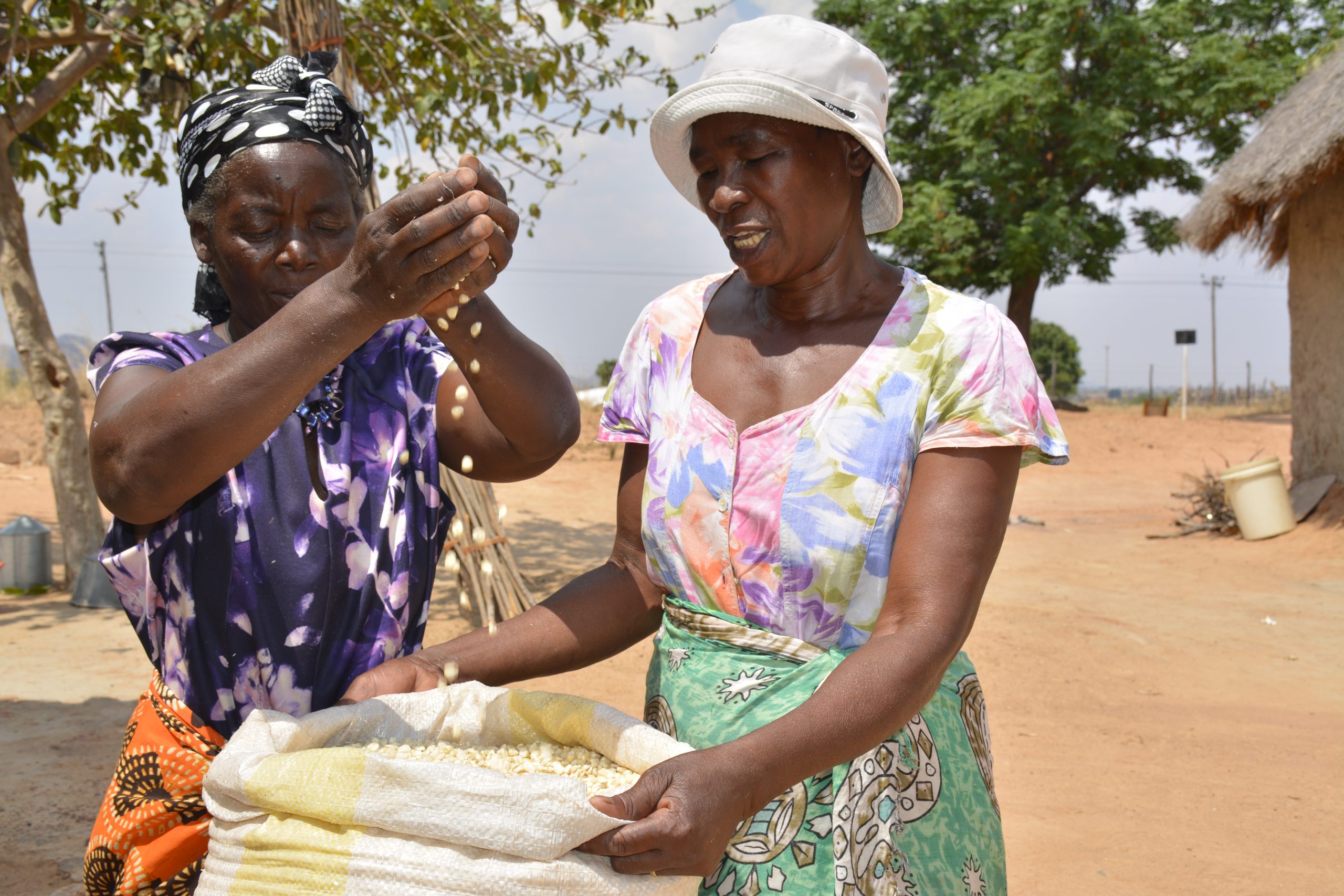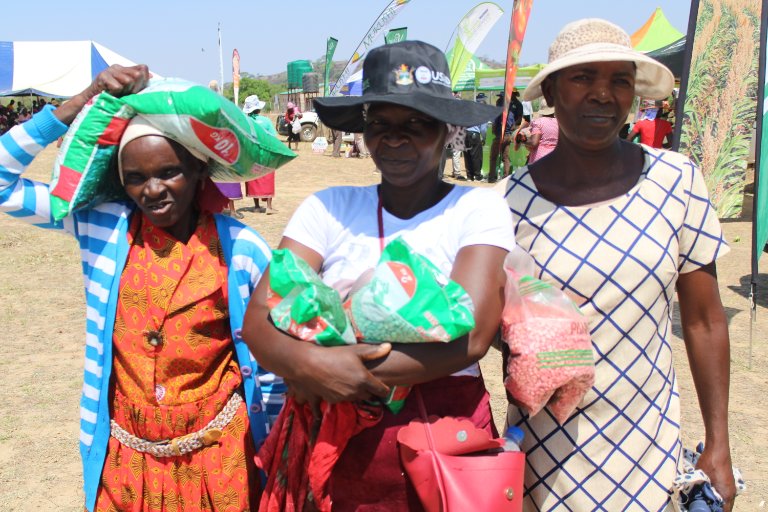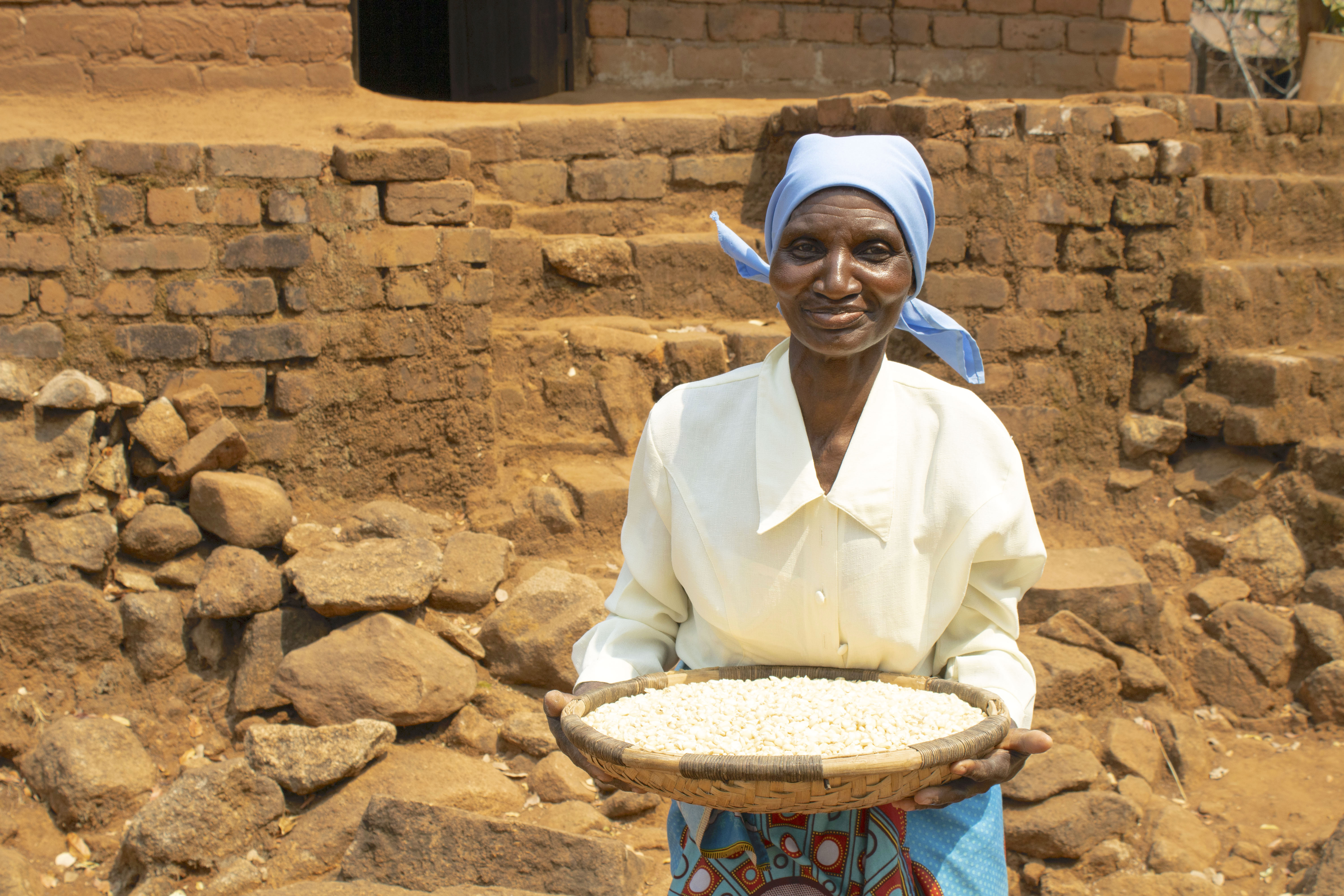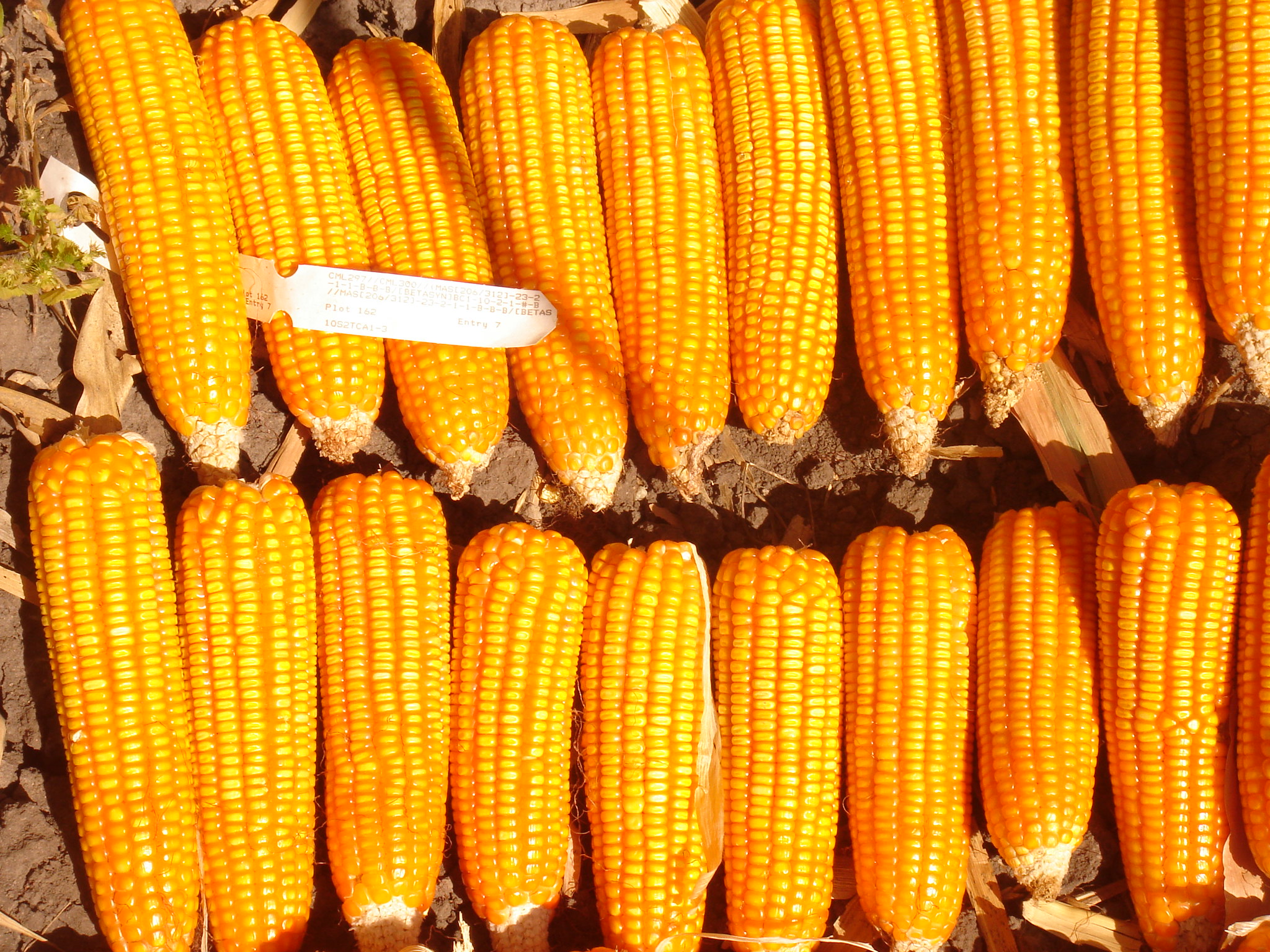In the vast landscapes of sub-Saharan Africa, where agriculture is the backbone of many communities, the quest for improved maize varieties is a vital step for ensuring food security in the face of climate change. Women, who represent approximately half the clients of maize breeding programs, have been essential in the realm of agricultural research. While significant gender-based differences in trait preferences exist in many African-staple crops, these appear less drastic in maize. However, there are gendered differences in management practices and productivity in maize-based systems.

Recognizing the need to bridge this gap, the CIMMYT-NARES (National Agricultural Research and Extension Systems) regional maize breeding networks in eastern and southern Africa have embarked on a transformative journey to empower farmers, especially women, through their innovative approach to maize breeding. The breeding networks are focused on ensuring smallholder farmers have access to a steady stream of climate-resilient and nutritionally enriched maize varieties that thrive in today’s stress-prone environments. To ensure these new maize varieties meet the needs of diverse users, including women, the breeding networks continue to adapt approaches to increase gender-responsiveness.
Linking science with the realities on the ground
Testing the performance of potential new maize hybrids coming from the breeding pipelines within farmers’ realities is critical to the ultimate success of these new varieties. In collaboration with over 400 farmers in southern Africa, the CIMMYT-NARES maize breeding network conducts extensive on-farm trials to evaluate the performance of these new maize varieties. A similar approach is adopted in eastern Africa. What sets these trials apart is the fact that over 40% of these trials are led by female plot managers. Farmers evaluate these varieties within the context of their own realities, including their own management practices, and provide valuable feedback to the breeding teams on the potential of new varieties.
By involving women in decision-making processes, CIMMYT-NARES networks ensure that their preferences and needs are considered when selecting the most promising hybrids for product advancement, announcement to partners, varietal releases and ultimately commercialization. This inclusive approach not only empowers women but also harnesses the collective knowledge and experience of the farming community. CIMMYT’s research recently showed that there is a relatively high degree of joint management within maize plots, and since 2022, the on-farm trials included a target of approximately 30% jointly managed plots.
Gender is only one axis of social difference that impacts agricultural production, variety selection, and end uses. Social differences including marital status, age, education level, ethnicity, wealth, access to capital, market access and livelihood orientation do play a role in the adoption of new varieties and farm productivity. By embracing the diversity within farming communities, CIMMYT-NARES networks are actively working towards understanding different farm types, while ensuring that the improved maize varieties are tailored to meet the diverse demands of the regions.
As the CIMMYT-NARES maize breeding networks continue to make innovative strides in breeding climate-resilient and nutritionally enriched maize varieties, they are not only transforming agriculture but also empowering individuals and communities. Through collaborative efforts, with the woman farmer at the heart of the approach, they are paving the way for a future where farming communities can thrive and contribute to food and nutritional security.

 Climate adaptation and mitigation
Climate adaptation and mitigation 
